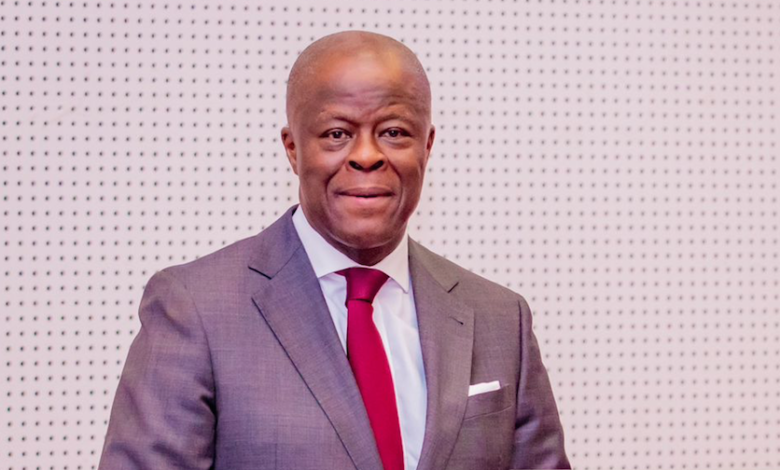Nigeria’s Minister of Finance and Coordinating Minister of the Economy, Wale Edun, has attributed the country’s current high debt servicing costs to what he described as “the consequence of past borrowing and elevated interest rates.”
In a recent opinion article, Edun acknowledged that while Nigeria has recorded notable economic progress under President Bola Tinubu’s administration, fiscal challenges remain, particularly the disproportionate share of national revenue consumed by debt repayment.
“This is the consequence of past borrowing and elevated interest rates,” Edun said. “At the same time, Nigeria’s fiscal revenue-to-GDP ratio, at about 10 per cent after rebasing, remains one of the lowest in Africa.
This limits government resources for essential services like health, education, and infrastructure.”
The minister, however, maintained that the Tinubu administration is working to rebuild economic stability and channel growth into productive sectors that can create jobs and opportunities for Nigerians.
Edun stressed that while stability is vital, it is “insufficient on its own” without growth anchored in job-creating sectors.
President Tinubu had earlier disclosed that the debt service-to-revenue ratio had dropped significantly from 97 per cent to below 50 per cent, a figure he described as a sign of fiscal recovery.
Edun revealed that Nigeria’s oil production has rebounded to 1.68 million barrels per day, following renewed government efforts to attract investments in the petroleum sector and curb crude theft.
“We are providing the necessary incentives to revive investment in the oil and gas industry,” he said. “In agriculture, we are boosting food supply, reducing reliance on imports, and ensuring farmers have both security and access to markets.”
He also highlighted the administration’s push to diversify the economy through value-added manufacturing, technology, and the creative industry — areas he described as key to harnessing the “energy of Nigeria’s youth” and positioning the country as an African innovation hub.
To address infrastructure gaps, Edun said the government is expanding partnerships with the private sector through Public-Private Partnerships (PPP), citing major projects like the Ajaokuta–Kaduna–Kano gas pipeline and national fibre optic expansion.
He further disclosed that the federal government is working to expand exports beyond crude oil by tapping into the growing global demand for critical minerals.
Looking ahead, Edun said Nigeria’s target is to achieve a 7 per cent economic growth rate by 2027/2028, driven by collaboration between government, private investors, and citizens.
“Our focus is on deepening economic resilience, broadening opportunities, and improving the daily lives of Nigerians,” he assured.
Do you want to share a story with us? Do you want to advertise with us? Do you need publicity for a product, service, or event? Contact us on WhatsApp +2348183319097 Email: platformtimes@gmail.com
We are committed to impactful investigative journalism for human interest and social justice. Your donation will help us tell more stories. Kindly donate any amount HERE




